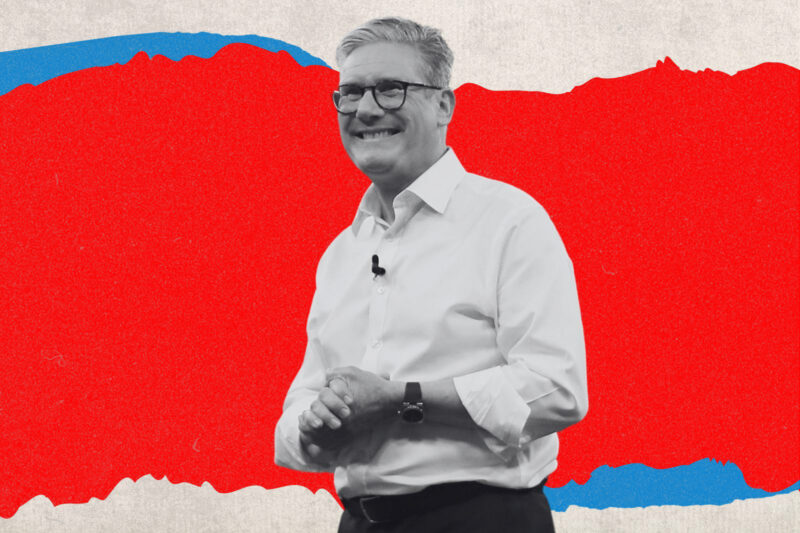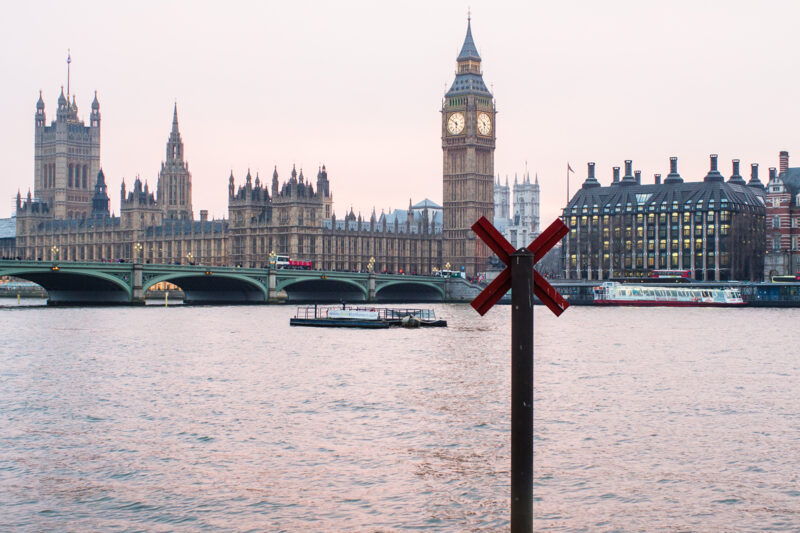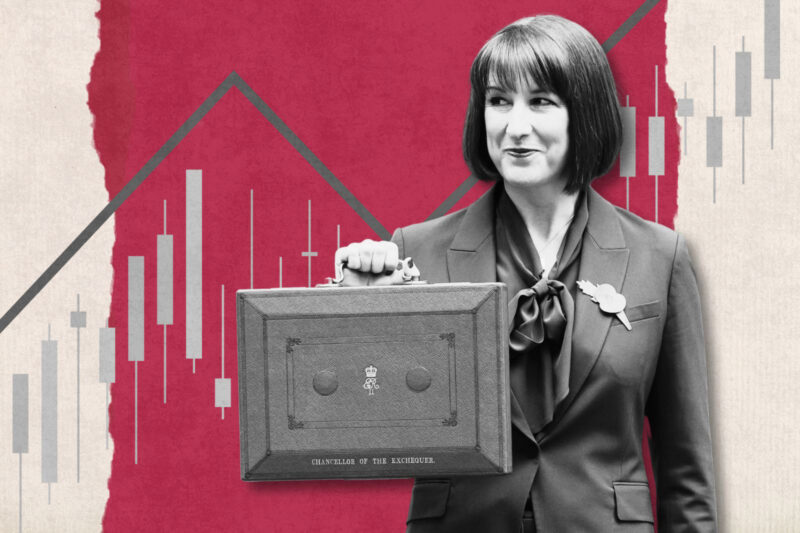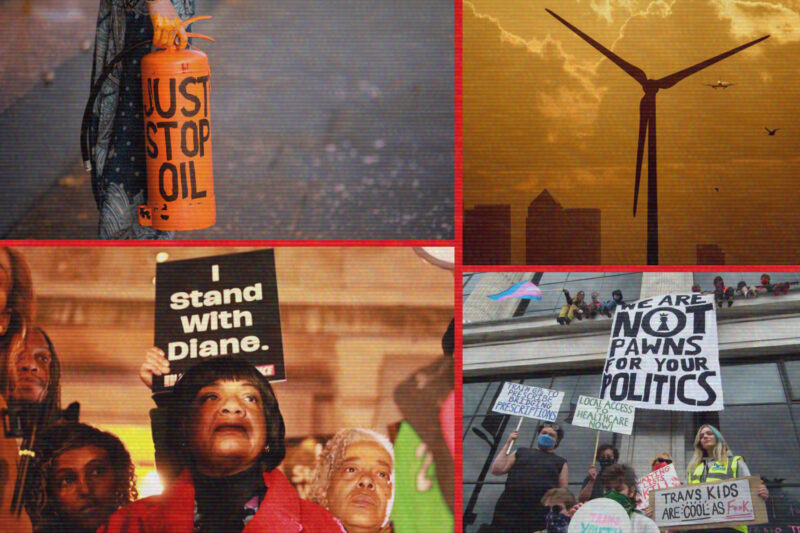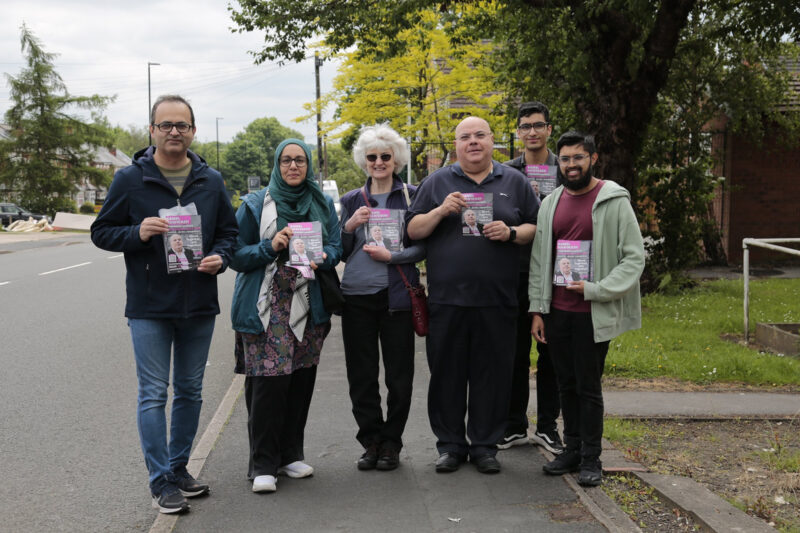I grew up under austerity. Voting for the first time, I finally felt optimistic
Most of my life was informed by the Tories. Now that Labour are in, I can only hope that they take young people seriously
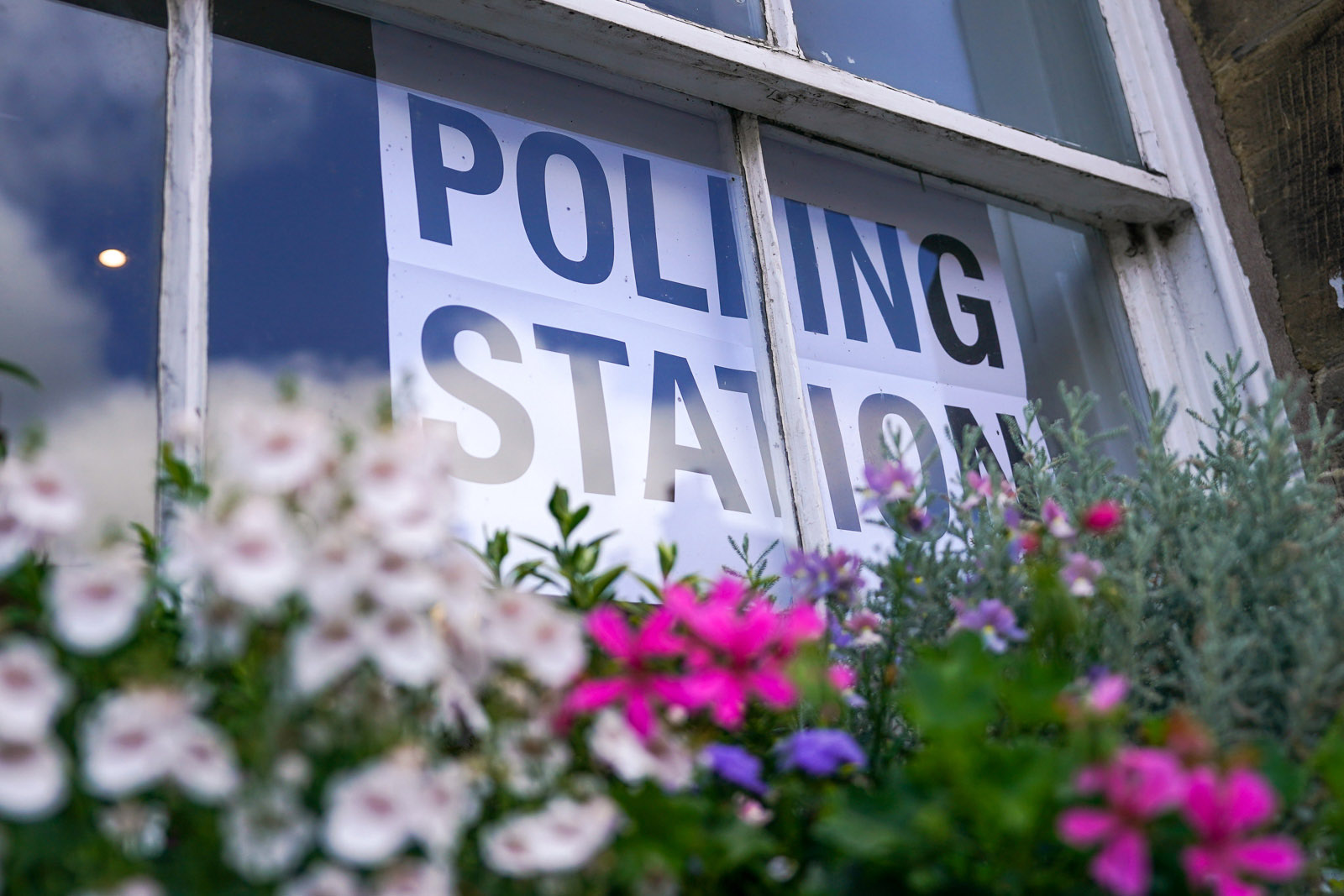
Back in 2015, I voted in my school’s mock election. It was a very easy choice; all I wanted to do was vote for the party who offered me the most chocolate. It was my first introduction to British politics, before I became really aware of the broken system I was growing up in.
I ended up voting for all three parties (Conservative, Labour and Green) and went home with pockets full of sweet treats. Nine years later, I was back at my school to cast my vote, this time as a 22-year-old in my first general election.
I’ve lived under a Conservative government for most of my life. It’s what I’ve always known. Much of my life has been formed by austerity and toxic politics. In those 14 years — arguably my most formative — I’ve known five prime ministers from the same party, two of whom weren’t elected by the public. In those years I’ve lived through rising Islamophobia in our society, mirrored by politicians’ openly racist statements such as Boris Johnson’s infamous “women in letterboxes” comment, or David Cameron’s words on immigrants unable to “integrate” creating a “kind of discomfort and disjointedness”.
Hearing the constant rhetoric of “us versus them” from Conservative ministers left me feeling incredibly despondent about my future in this country. The Brexit referendum amplified this. I remember one man coming up to me on the street telling me to “stop taking over this country”. Countless times I’ve seen people choose not to sit in the empty seat next to me on the bus, preferring to stand in the middle of rush hour. The constant negativity around Muslims and immigrants has been exhausting, and the previous government only made this worse.
Each major phase of my life has been challenged by Tory policies and reforms. I was in the first year group to take the new GCSEs under Michael Gove’s education reforms. This meant two years of confusion and stress for us as nervous students while teachers were afraid of predicting our grades because they weren’t sure how different the new exams would be.
I then took my A-levels during Covid-19, my grades decided by an algorithm that no one understood. Many friends had to resit papers and lost out on university places. And those who did go to university did so knowing they would be tens of thousands of pounds in debt thanks to Nick Clegg and David Cameron increasing fees to £9,000 per year.
Then, as a medical student, I witnessed first-hand how the Conservatives had destroyed the NHS — from years of chronic underfunding to a broken social care system which has elderly patients stuck in hospital for months. I saw patients who didn’t want to go home because they didn’t know where their next meal would come from. We even had a discreet food bank for NHS staff in the corner of a small office. After placement, I would walk back to my flat in Liverpool city centre and pass dozens of homeless people on the streets.
Everywhere I went, I saw the effects that 14 years of consecutive Conservative governments had on this country. Growing up in this environment, I could hardly imagine another party governing, because I couldn’t remember anything else. Seeing the UK fall apart in politics, healthcare and economics started to feel normal. It left me angry because I knew things could be better for us, but there seemed to be no way out. Unless the Conservatives were voted out of power, which back then seemed impossible, our broken society would continue to disintegrate. For years I had felt hopeless about what was to come.
But on 4 July, I did feel hope for the first time in a very long while. Part of it was a joy that no matter what, a Tory wipeout was imminent. The hope that years of austerity and divisive politics would end.
Still, the decision was difficult. A few years ago, I would have confidently crossed the box for Labour. I always thought that when I was old enough to vote it would be a simple choice. However, I started becoming disillusioned with aspects of the party — from its sidelining communities of colour and its problematic stance on Gaza in refusing to call for a ceasefire for months, to its failure to take the concerns of Muslim communities seriously. And we saw how there were deep shifts in the Muslim votes during this election.
I fear that Labour is still not offering much for young people such as myself. I had hoped for a discussion around university funding reforms similar to its pledge in 2017, but we haven’t yet heard anything from Labour. Meanwhile, I know that with a worsening housing crisis, my generation will be hoping for reforms that help renters and first-time buyers. And Labour must take a stronger stance on Islamophobia.
My experience voting for the first time was emotional. I finally had a say in who I wanted to run my country. I want a government that will help young people move on to the next stage of life, reduce poverty and homelessness, and fund our NHS and support its staff. The UK is now a shell of its former self but I can finally see how my country might improve and change after 14 years of the same people in power, which fills me with hope and optimism. That hope is something to be cherished after more than a decade without it.
 Newsletter
Newsletter


